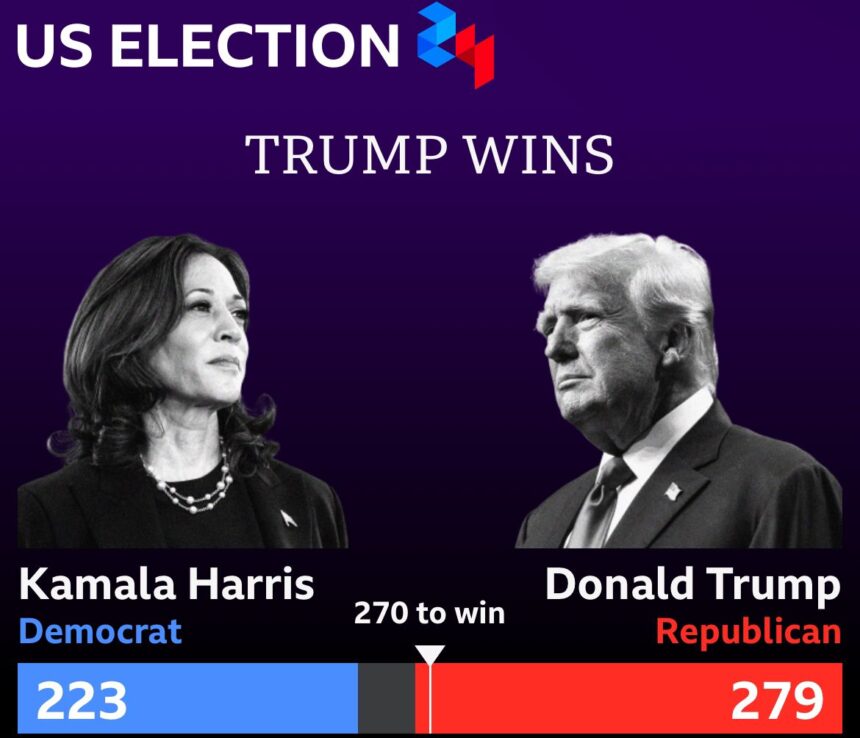By Nakiwala Barbra
In what has become one of the most dramatic presidential races in U.S. history, former President Donald Trump has secured victory in the 2024 presidential election, making history as the oldest person ever elected to the office and the first former president to reclaim the White House in a non-consecutive term since Grover Cleveland in 1892.
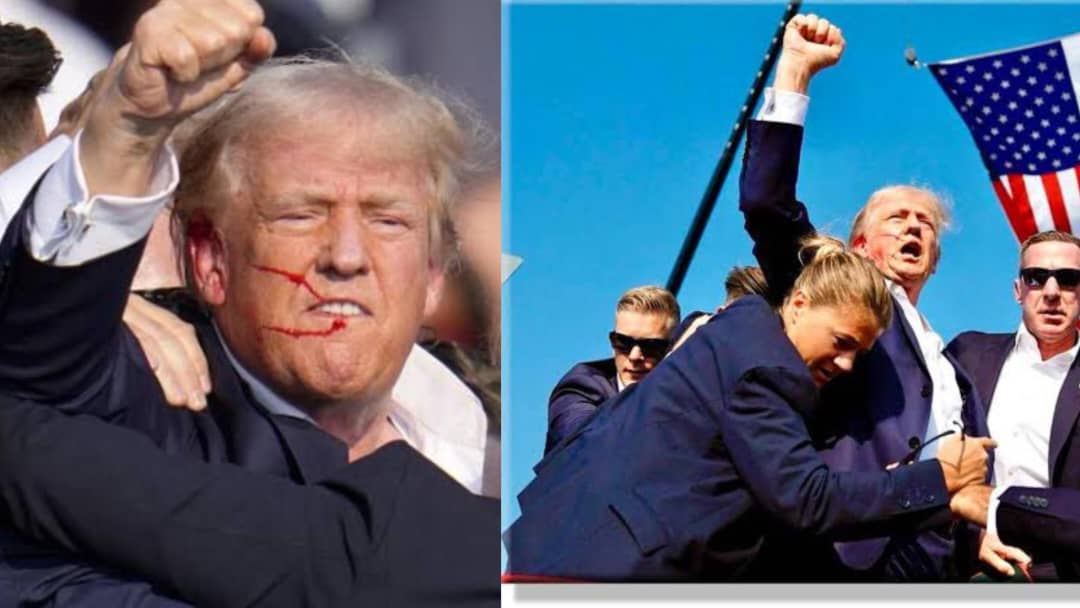
His path to the presidency this time was more tumultuous than ever, marred by assassination attempts, ongoing legal challenges, and fervent support from a base that continued to rally behind him despite a barrage of controversies.
Assassination Attempts
The intensity of Trump’s 2024 campaign was evident from the beginning, with heightened security concerns that materialized into two high-profile assassination attempts. On July 13, 2024, Trump was speaking at an open-air rally at the Butler Farm Show Grounds in Pennsylvania when he was fired upon by 20-year-old Thomas Matthew Crooks, who had stationed himself on the roof of a nearby building. Crooks opened fire with an AR-15–style rifle, reportedly firing eight rounds. One of the bullets grazed Trump’s ear, leaving him bloodied but alive, while another audience member was killed, and two others were critically injured. Secret Service agents quickly neutralized the shooter, and moments later, images of Trump, fist raised defiantly with blood on his face, were circulating online. Trump was treated at a hospital and returned to the campaign trail just two days later, addressing the Republican National Convention with a bandage over his ear.
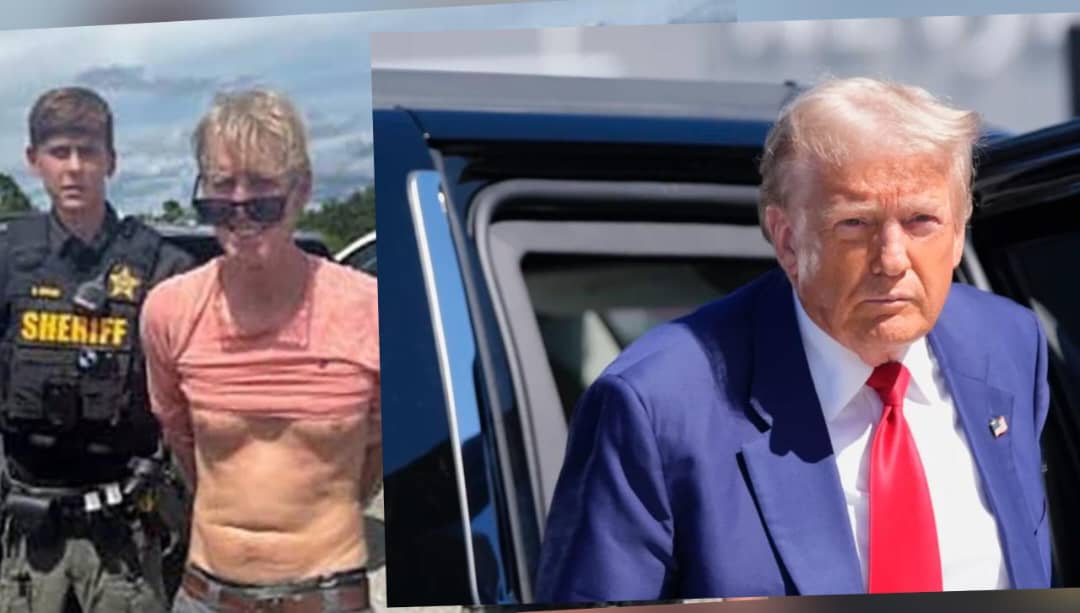
Just two months later, on September 16, 2024, Trump faced yet another assassination attempt, this time while golfing at his Trump International Golf Club in West Palm Beach, Florida. The alleged gunman, Ryan Wesley Routh, was apprehended by the Palm Beach County Sheriff’s Department while attempting to flee. Routh had brought an AK-47-style rifle with a scope to the area, positioning himself at a range of 300 to 500 yards from Trump. The Secret Service quickly spotted the threat and opened fire, wounding Routh before he was apprehended. This incident, coupled with the Pennsylvania attack, underscored the risks of the campaign and the remarkable resilience of Trump, who continued to attend public events despite increased security challenges.
Criminal Cases and Convictions
Trump’s campaign unfolded against the backdrop of an unprecedented legal battle. In May 2024, he became the first former U.S. president to be convicted of a crime, facing 34 felony counts for falsifying business records related to a hush money payment intended to influence the 2016 election. This conviction was just the start, as he faces a slew of other criminal and civil cases tied to various allegations, from mishandling classified documents to efforts to overturn the 2020 election.
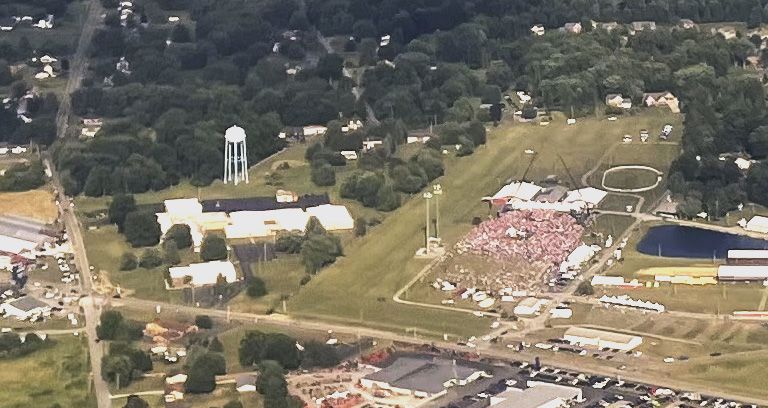
Among the most serious of these charges is a federal case in which prosecutors allege that Trump sought to overturn the 2020 election by pressuring officials to reverse the results and spreading false claims of voter fraud. This case, which includes charges of conspiracy to defraud the United States and conspiracy against the rights of citizens, has significant implications, as prosecutors argue that Trump’s actions directly contributed to the January 6 Capitol riot. Although there was speculation that he would face insurrection charges, the case instead focuses on accusations that Trump acted as a private citizen to disrupt the democratic process, leveraging his political influence even after leaving office.
The complexities of these cases have only deepened following a U.S. Supreme Court ruling that former presidents have broad immunity from criminal prosecution for official acts undertaken while in office. Prosecutors have since revised the charges to argue that Trump’s actions surrounding the 2020 election were conducted in his capacity as a political candidate, not as president. Despite the numerous charges against him, Trump has maintained his innocence, insisting that the cases are politically motivated and an attempt by the Biden administration to prevent his return to power.
In addition to the federal charges, Trump has faced further legal troubles, including charges in New York for alleged financial impropriety and in Florida related to the handling of classified documents after leaving office. Although a Florida judge recently dismissed one of these cases, others remain ongoing, casting a shadow over his return to the presidency.
A History of Controversy
Trump’s return to the White House is all the more remarkable given his tumultuous tenure as the 45th president from 2017 to 2021. Known for his populist, nationalist, and protectionist views, Trump’s first term was marked by sweeping policy changes, contentious executive orders, and a rhetoric that polarized the nation. He rolled back environmental regulations, implemented tax cuts, and introduced a controversial travel ban targeting several Muslim-majority countries. His handling of the COVID-19 pandemic drew widespread criticism, as he often contradicted health officials and promoted unproven treatments.
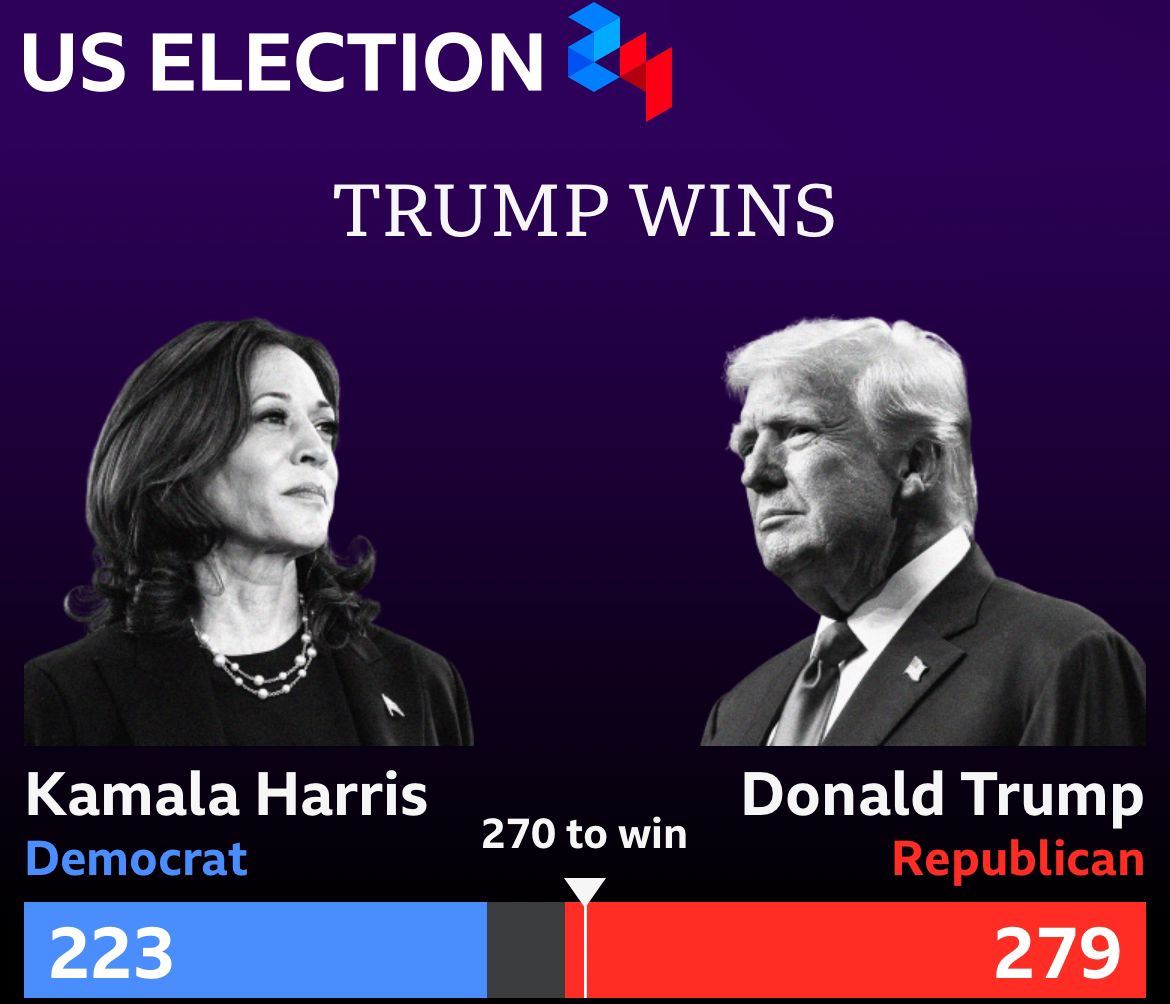
Trump also oversaw significant foreign policy shifts, withdrawing the U.S. from the Iran nuclear deal and the Paris Agreement on climate change. His administration’s policies led to strained relationships with allies and an escalating trade war with China, while domestically, he implemented hardline immigration policies and advanced a conservative judicial agenda by appointing three Supreme Court justices. By the end of his first term, Trump had become the first U.S. president to be impeached twice: once for abuse of power and obstruction of Congress related to Ukraine and again for incitement of insurrection following the Capitol riot on January 6, 2021.
Despite losing the 2020 election to Joe Biden, Trump continued to assert claims of widespread electoral fraud, fueling a movement that questioned the legitimacy of the election and culminated in the storming of the Capitol. His steadfast influence over the Republican Party ensured his place as the frontrunner for the 2024 Republican nomination, where he ultimately prevailed despite the numerous controversies surrounding him.
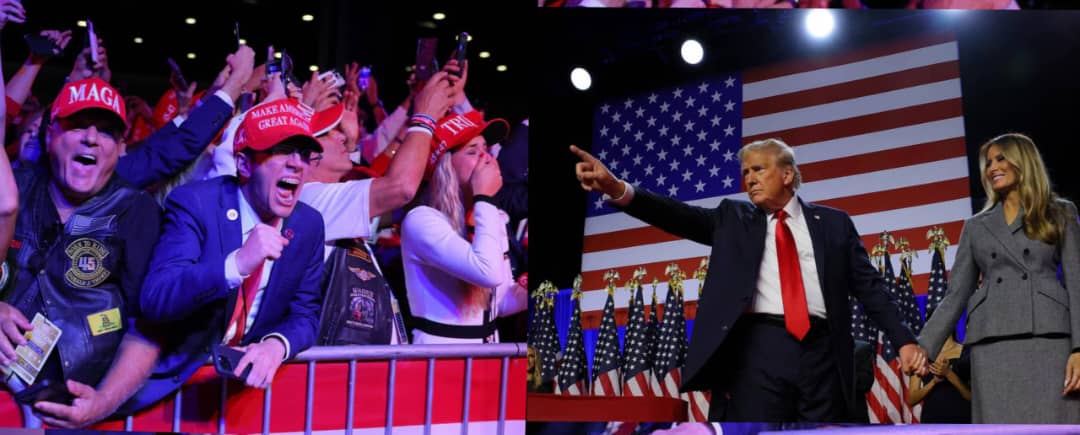
A Polarizing Figure with Enduring Influence
As Trump embarks on his second term, he remains a deeply polarizing figure. His victory in 2024 has renewed debates about democracy, accountability, and the resilience of American institutions. Critics argue that Trump’s actions have eroded democratic norms, noting his embrace of far-right extremism and the influence of conspiracy theories within his base. His critics, including historians and scholars, have described aspects of his rhetoric and policies as authoritarian, with some labeling them fascist.
Nonetheless, Trump’s supporters remain steadfast, seeing him as a champion against the political establishment. His slogan, “Make America Great Again,” has evolved into a rallying cry for those who feel marginalized or distrustful of mainstream institutions. His base views him as a leader who speaks directly to their concerns, even as his detractors argue that his approach is divisive and threatens democratic values.
The Road Ahead: Challenges and Opportunities
Trump’s return to the presidency marks a new chapter for the United States, as his administration faces not only domestic challenges but also an evolving geopolitical landscape. The intensifying relationship between the U.S. and China, global efforts to combat climate change, and ongoing instability in regions like the Middle East all demand strategic responses. Domestically, the lingering effects of the COVID-19 pandemic, the need for economic stability, and calls for social justice and police reform remain pressing issues.

Furthermore, Trump’s legal battles are far from over. As president, he will enjoy certain protections from prosecution, but he may still face trials for actions taken as a private citizen. His legal team is expected to argue for immunity on various fronts, though recent rulings indicate that this may be an uphill battle. Trump’s approach to governance this time will likely be shaped by these legal challenges, with the potential to influence policy decisions and limit his ability to implement the more radical components of his agenda.
In addition to these legal hurdles, Trump faces the challenge of uniting a deeply divided nation. The 2024 election saw an unprecedented level of voter engagement, with Americans polarized over Trump’s return. His administration must navigate these divisions, addressing the concerns of those who fear his influence while honoring the will of those who supported his candidacy.

Historic Legacy
Donald Trump’s second ascent to the presidency is a testament to his enduring impact on American politics. As the oldest president ever elected, he has defied expectations and reshaped the political landscape. His campaign, marked by assassination attempts, a slew of legal battles, and a determination to overcome, reflects the tenacity of a leader who remains undeterred by controversy.
Trump’s legacy will likely be one of the most debated in American history. For his supporters, he symbolizes resistance against a political elite that they believe has failed to represent their interests. For his critics, he represents a departure from democratic principles and a threat to American values. Only time will tell how his second term will unfold, but there is no doubt that Trump’s return to the White House has made an indelible mark on the story of the United States.


